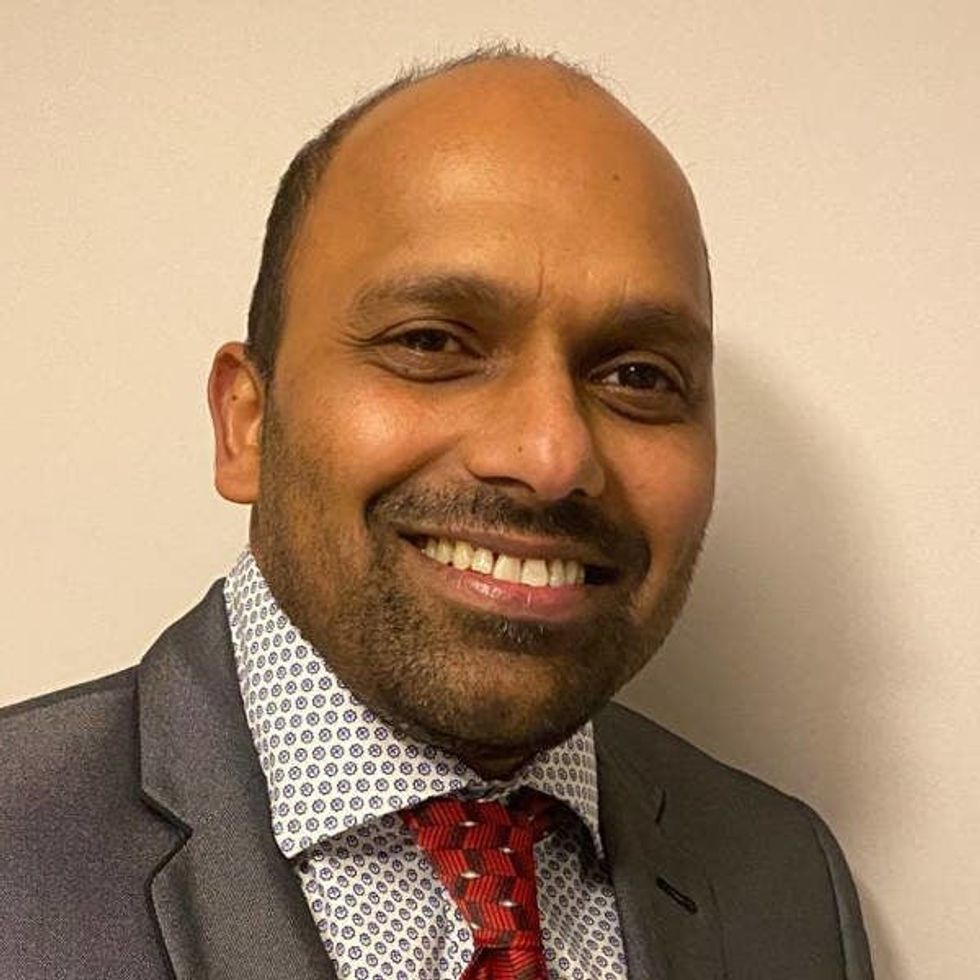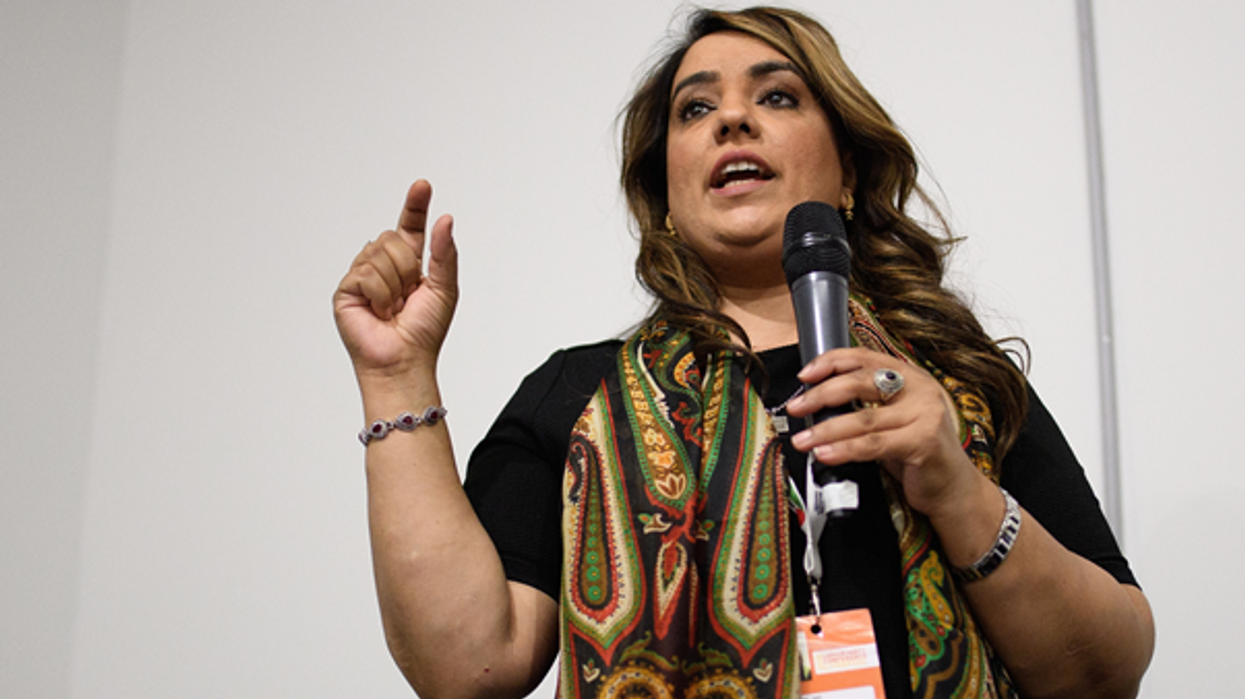THREE Asian MPs are on a committee responsible for detailed scrutiny of the Assisted Dying Bill. The 23-member committee is made up of 14 supporters, including two ministers, and nine opponents.
The Asian lawmakers in the committee are Naz Shah and Sojan Joseph (Labour), and Neil Shastri-Hurst (Conservative).
Senior voices from both sides of the debate will review the legislation line by line and suggest amendments before it proceeds further.
Naz Shah, a former NHS commissioner, voted against the legislation at its third reading. Similarly, Sojan Joseph, a former mental health nurse, also opposed the bill. Neil Shastri-Hurst, a former doctor and ex-member of the Medical Practitioners Tribunal Service, voted in favour of the proposed change.

According to reports, Stephen Kinnock, the health secretary, and Sarah Sackman, the justice secretary, will participate in the parliamentary committee reviewing the Assisted Dying Bill. Both ministers have previously demonstrated support for the legislation by voting in favour of the bill.
The committee includes Dr. Simon Opher, an active GP; Lewis Atkinson, a former NHS manager; Rachel Hopkins, a former local public health lead; Marie Tidball, a former director of the Oxford University Disability Law and Policy Project; Jake Richards, a former barrister; and Bambos Charalambous.
Other members are Daniel Francis, the parent of a child with cerebral palsy as well as Juliet Campbell, Jack Abbott, and Sean Woodcock. Kit Malthouse, a prominent Tory campaigner for assisted dying, will also serve on the committee.
Two Liberal Democrats on the committee, Tom Gordon and Sarah Green, voted in favour of the bill, while Sarah Olney voted against it. Plaid Cymru’s Liz Saville-Roberts, who supported the bill, will also be a member.
Kim Leadbeater, the Labour MP who introduced the bill and chose the committee members, expressed confidence that the group possesses the right mix of expertise and balance "to ensure the bill receives the thorough examination it needs and warrants."

Last month, MPs voted in favor of the Terminally Ill Adults (End of Life) Bill—a proposal to allow individuals in England and Wales, under specific conditions, the right to end their own lives—with a margin of 330 votes to 275.
The MPs will determine the amount of time allocated to reviewing the bill. However, it is anticipated that the committee will meet for up to two days a week over several weeks, beginning in the second half of January.
Public hearings will be held, during which experts will be invited to provide evidence, before any amendments to the bill are proposed.
The bill's proponents aim to complete the committee stage in time for its return to the House of Commons on 25 April. At that point, all MPs will have the opportunity to debate and vote on the committee's proposed changes.
Some opponents of the bill have enlisted former government special advisors to "professionalise" their campaign, reflecting on their lack of organisation during the previous vote. They believe there is potential to persuade enough MPs, who initially supported the bill, to reconsider their position.
However, supporters highlight the significant 55-vote majority from the last vote, exceeding their expectations and bolstering their confidence that the bill will successfully navigate the remaining stages in Parliament.





